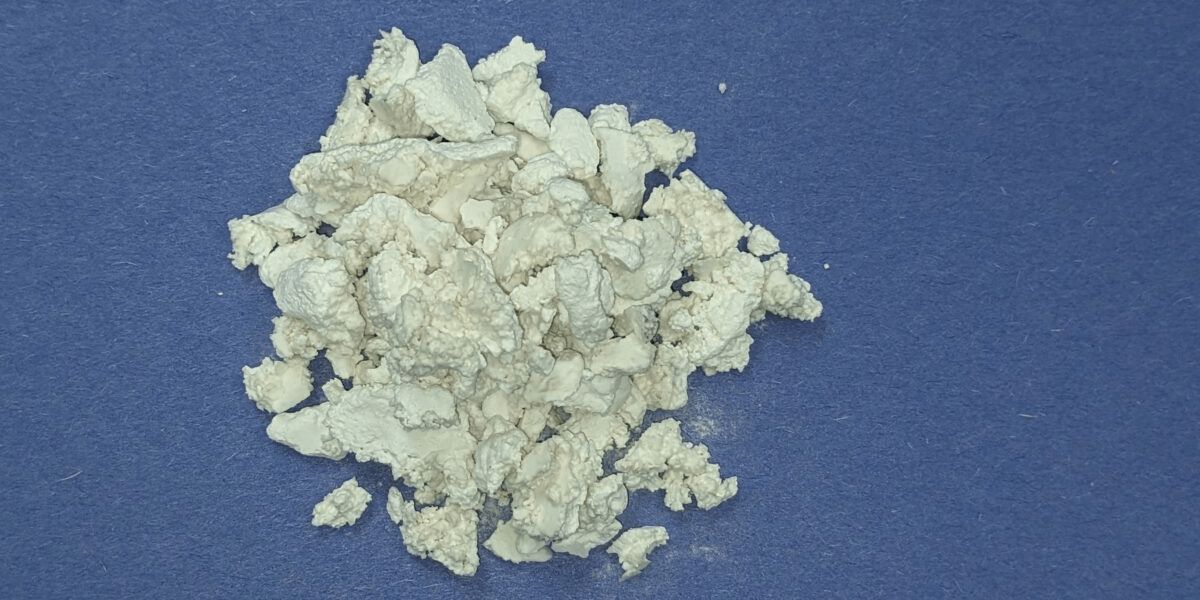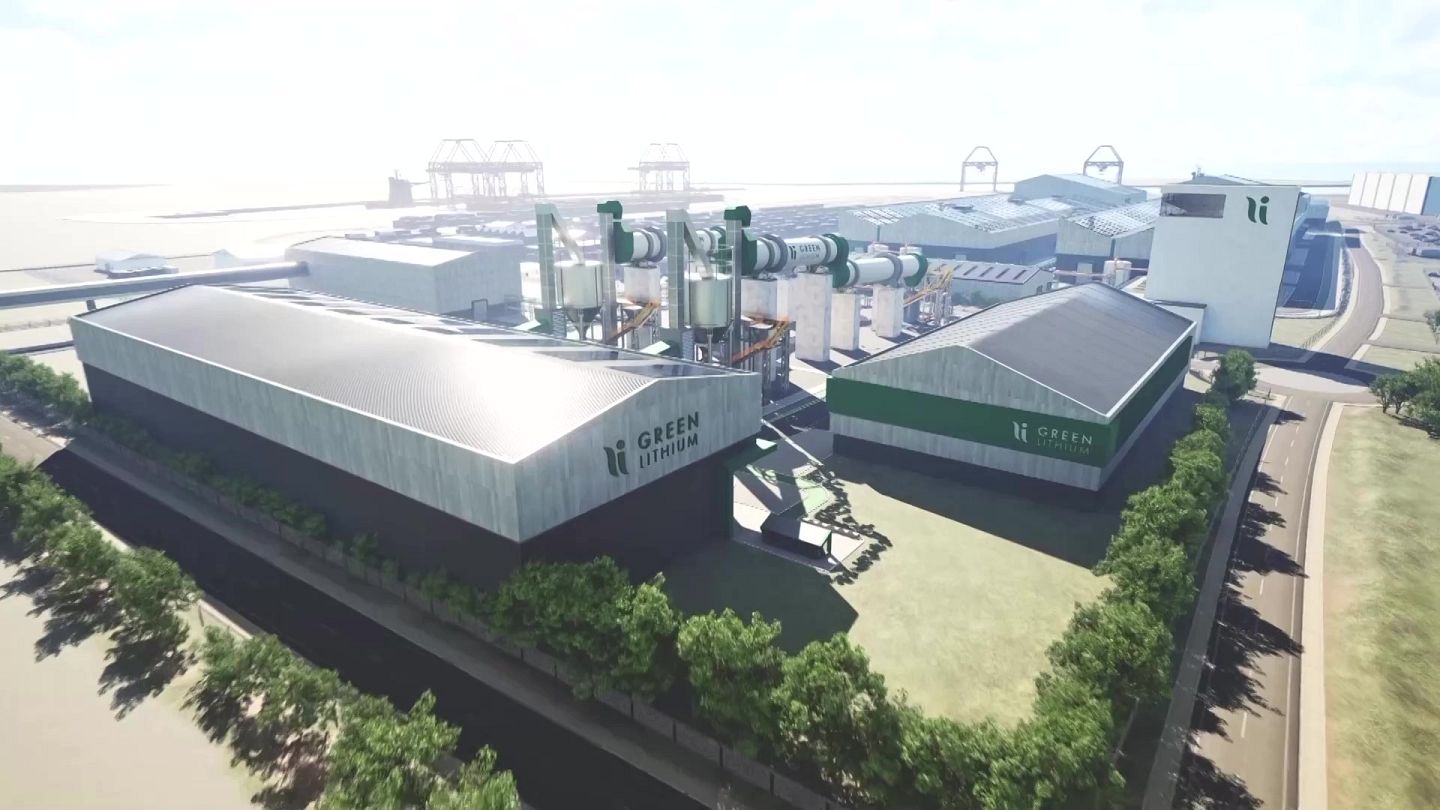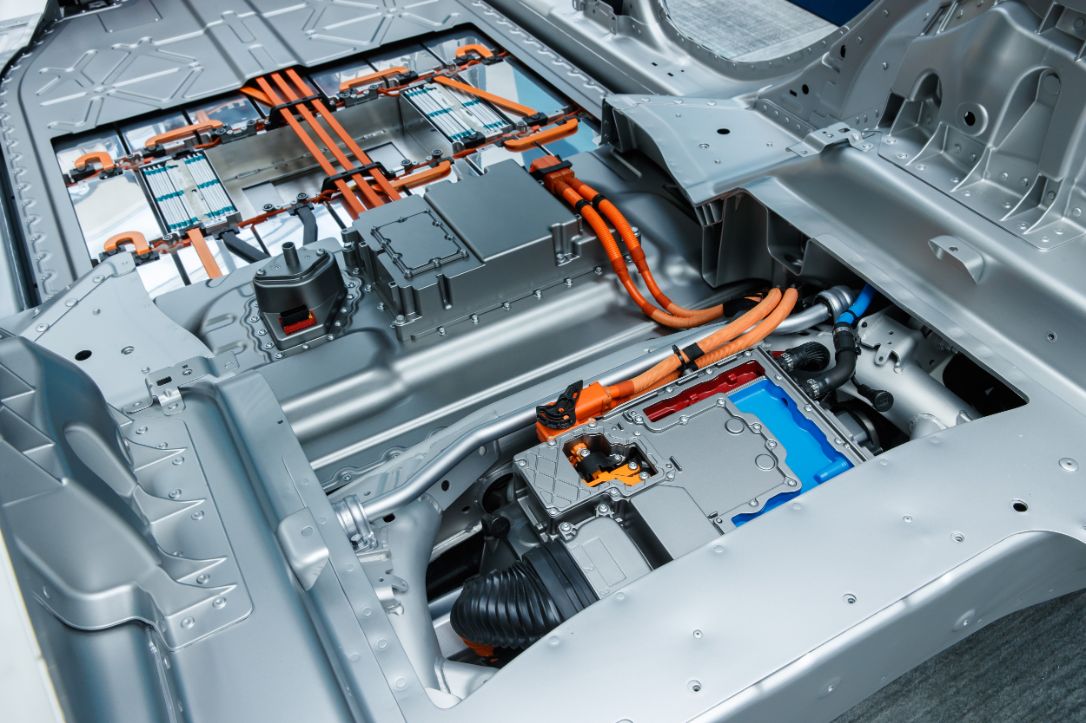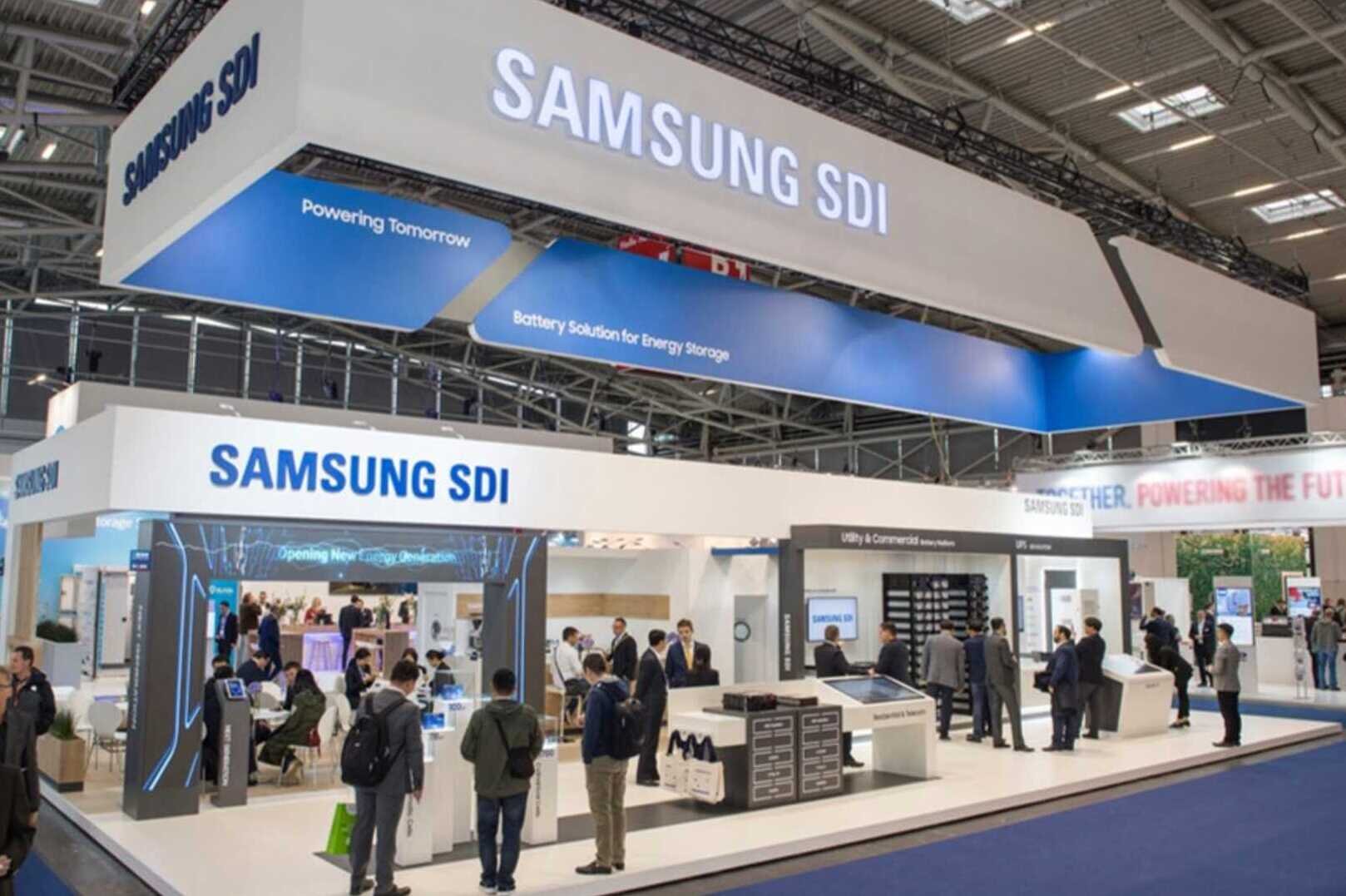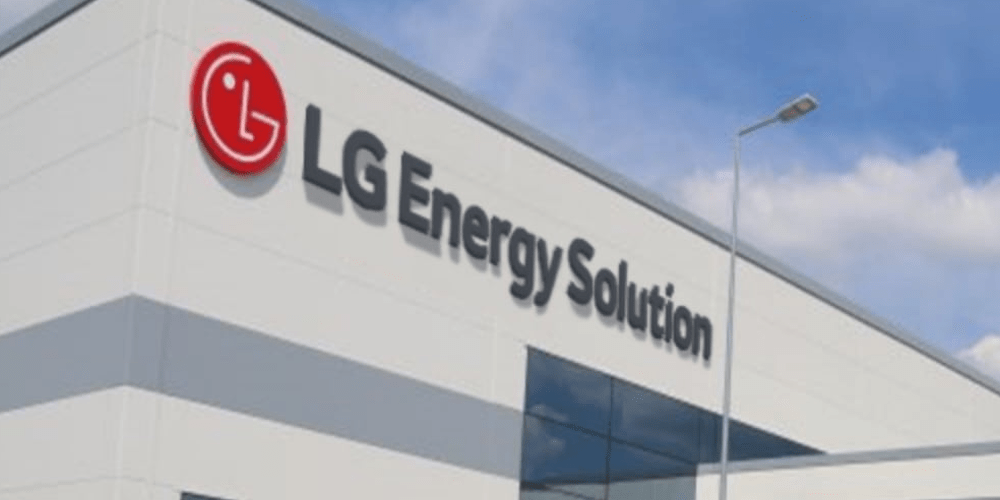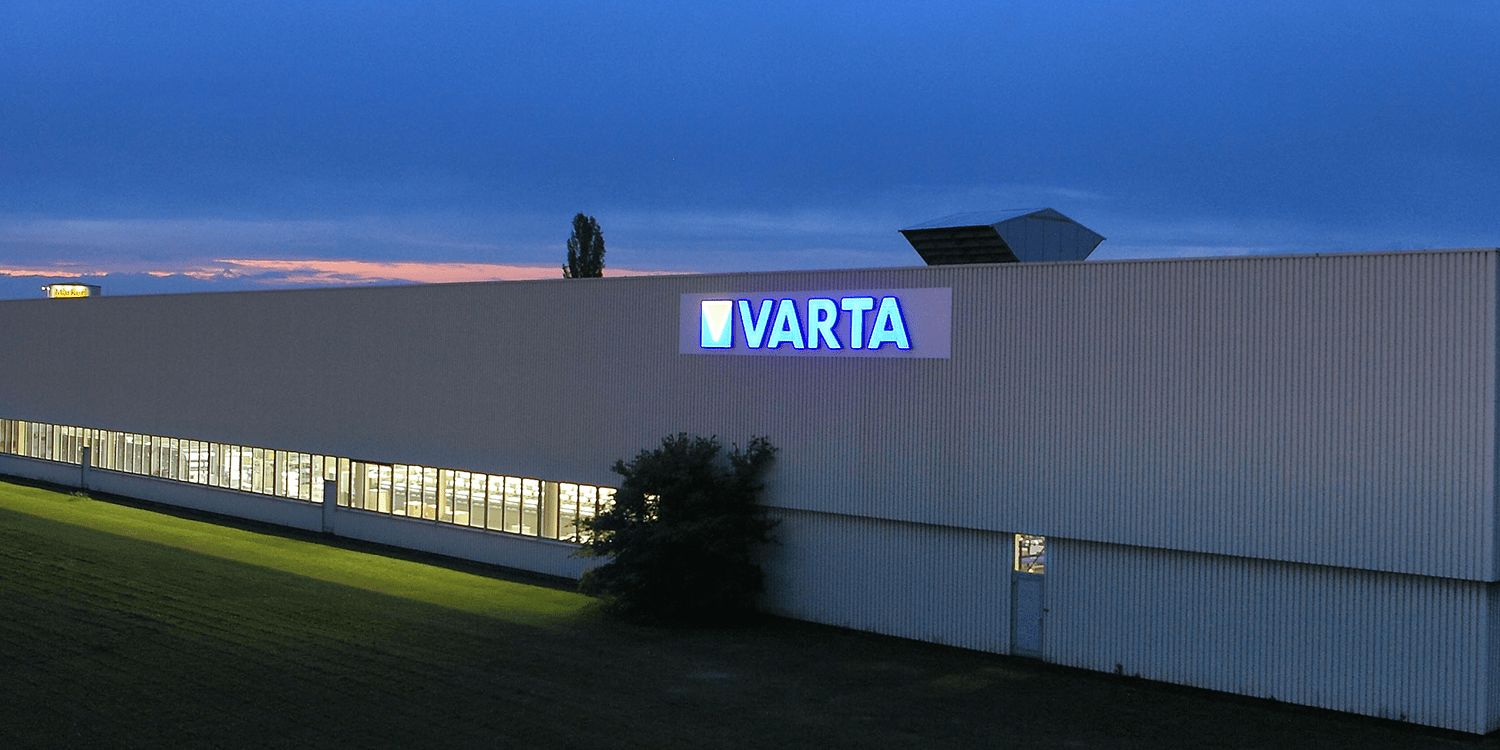In an initiative to enhance the nation’s access to battery-grade lithium resources, the US Department of Energy (DOE) has announced a funding allocation of $10.9 million for ten projects spanning nine states. The projects will focus on the development of cutting-edge technologies for extracting and converting lithium from geothermal brine sources within the United States.
The two primary areas of focus for these projects are “Field Validation of Lithium Hydroxide Production from Geothermal Brines” and “Applied Research & Development for Direct Lithium Extraction from Geothermal Brines.” Both topics are solely dedicated to procuring battery-relevant resources domestically.
See also: Electric Vehicle Battery Pack Costs Drop Nearly 90% from 2008 to 2022: DOE Estimate
Headed by various prominent academic institutions such as the University of Illinois at Urbana-Champaign, the New Mexico Institute of Mining and Technology, Stanford University, the University of Virginia, and the Oak Ridge National Laboratory, these projects have also forged partnerships with major corporations, including Chevron and the Xerion Advanced Battery Corporation, to facilitate seamless integration of their efforts.
Despite their common goal of lithium extraction, the complexity of the processes involved has led to a diverse range of approaches among the projects. The funding distribution is also varied, with projects like the ‘Environmentally Friendly, Fastest to Production, and Lowest Cost Direct Lithium Extraction Solution’ receiving $1,800,000 and the ‘Simplified High Purity Direct Lithium Hydroxide Production from Salton Sea Brines’ securing $5,000,000, while other projects fall within the $500,000 range.
See also: Lithium de France secures €44m in Series B financing for geothermal lithium extraction
Advocates of these initiatives emphasize that successful outcomes will significantly bolster America’s access to cost-effective and locally-sourced critical materials required for batteries used in stationary storage and electric vehicles. This aligns with the Biden-Harris Administration’s ambitious goals of achieving 50% electric vehicle adoption by 2030 and transitioning to a net-zero emissions economy by 2050.
The significance of domestically sourcing battery resources is underscored by the administration’s Inflation Reduction Act, where the full subsidy amount for electric vehicles depends on the location of their manufacturing and assembly. To qualify for half of the tax credit, set at $3,750, 40% of the battery’s critical minerals must be extracted, processed, or recovered in the US or in a country with a free trade agreement with the US. This percentage will steadily rise to 80% by 2027.
See also: Vale to supply GM with 25,000 metric tons of nickel sulfate per year
Interestingly, in the wake of these developments, ExxonMobil, an oil company, has recently revealed its own intentions to become more actively involved in lithium mining.
Overall, the DOE’s funding initiative is expected to drive significant progress in the field of lithium extraction from geothermal brines, contributing to the USA’s quest for energy sustainability and greater self-reliance in battery technology.

